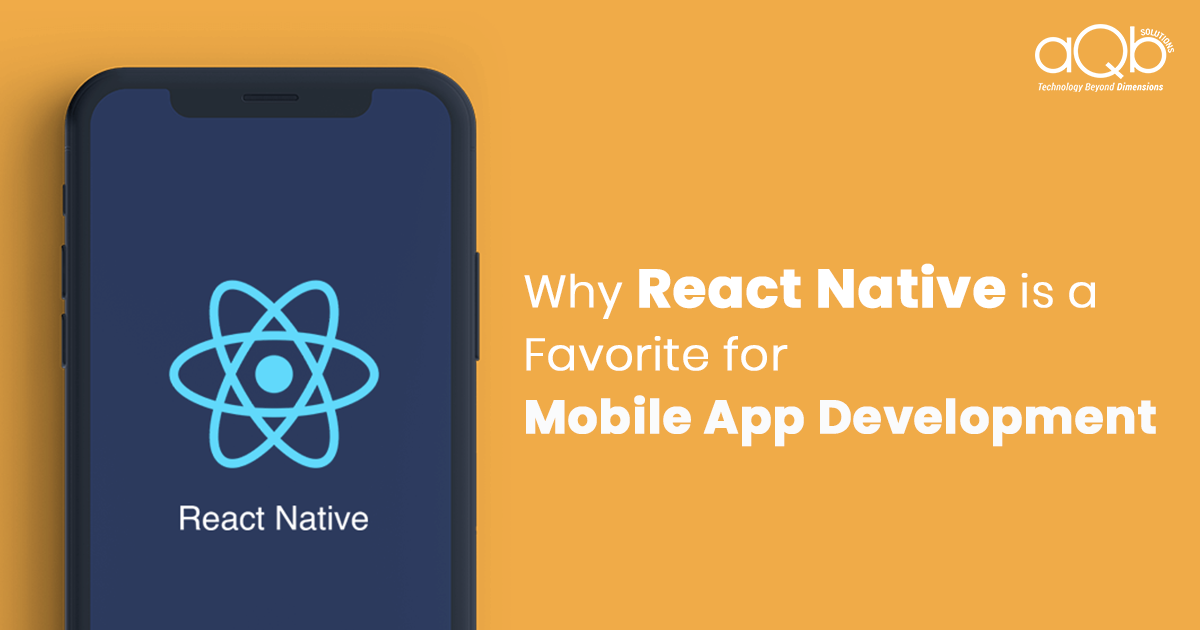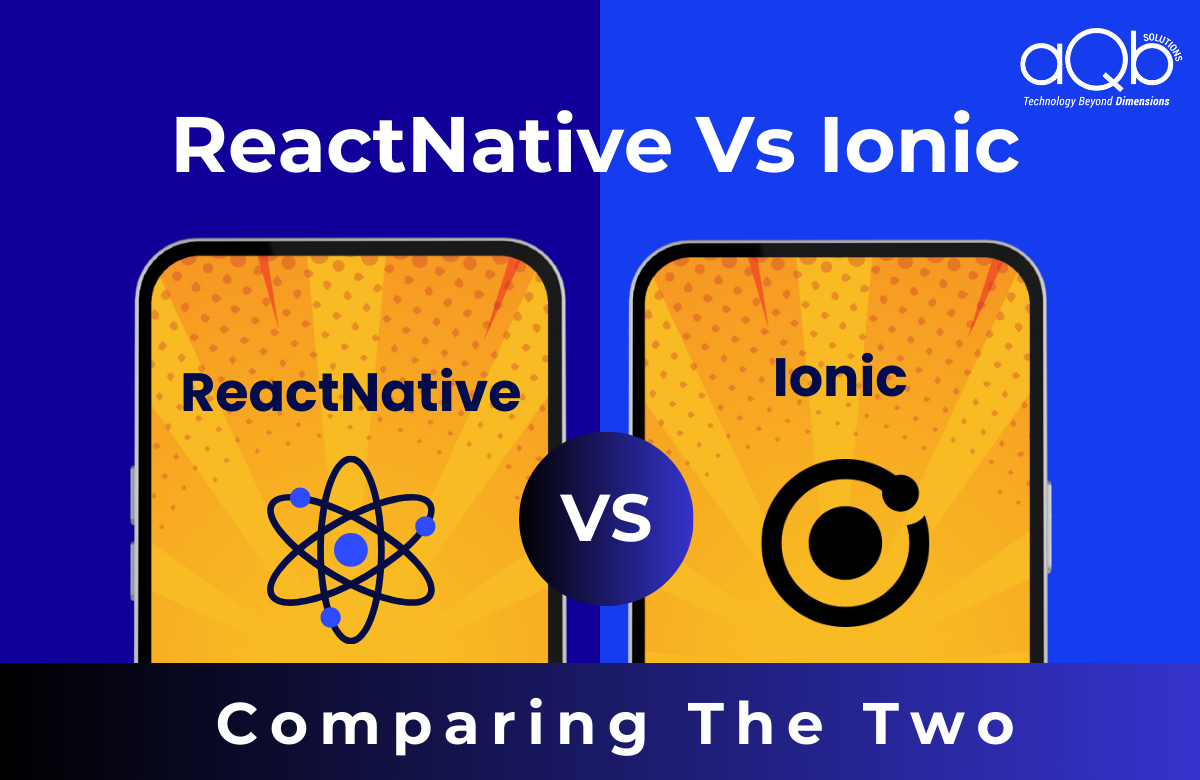ReactNative has in fact, largely replaced AngularJS, which was so far the only major contender in the JS framework space. AngularJS lost its place because of a number of reasons, incomplete framework and relentless hours of coding being primary. JavaScript developers needed something that is less complicated, more meaningful, and lesser coding involved.
The React Native framework actually started its journey as part of a hackathon effort in 2013. It was built to respond to the fast changing needs of the developer community.
Developers wanted a mobile alternative that would be a classic combination of the advantages of mobile app development with the power and agility of the native React environment. The answer was ReactNative, a framework created by Facebook, and supported and continuously pushed forward by the development community.
Five main reasons for using ReactNative
- Reusable components for Hybrid Apps to render natively
ReactNative is widely preferred because of a number of reasons, ability to re-use native components for hybrid platforms, is definitely one of them. It has building blocks with reusable “native components that compile directly to native. To explain this in simpler words, we may say that components used in iOS or Android have counterparts right in React, thus making it easier to maintain a consistent look and feel.
ReactNative also allows you to build apps with a more agile, web-style approach to development compared to typical hybrid frameworks, without the need of web. This also means retaining the speed, look, and functionality of a native mobile application.
- React Native is best suited for UI
What if you had something made exclusively for a mobile UI. Well, ReactNative does exactly that. Focused solely on building a mobile UI, is more like a JavaScript library than a framework. As a result, you get highly responsive apps with a fluid feel because of the asynchronous JavaScript interactions with the native environment. This also ensures quicker app loading than any typical hybrid app.
- Highly recommended by developers
ReactNative, unlike most other platforms, is much simpler, easy to learn, and faster to implement. Thus, if you are a front-end developer, with a background in JavaScript, React Native is a cake walk for you. All you need to know is JavaScript, some native UI elements, platform APIs, and any other platform-specific design patterns and you are ready to rock!
- Debugging Tools
React Native gives you the advantage of using intelligent debugging tools. The user can choose their text editor for JavaScript editing. The best part React Native is that it does not drive you to work in Xcode to develop for iOS or Android Studio for Android development.
- Virtual DOM
The virtual DOM, that is created with ReactNative is a tree based on JavaScript objects, resembles a DOM tree. Every time you need to make any alterations in the DOM, React employs a different algorithm that exclusively re-renders the DOM nodes that have changed. This algorithm is utilized for productive re-rendering because DOM operations are simpler as compared to executing JavaScript statements. In this way, React can be quick, which is particularly important considering that the system of mobile devices is far less equipped than desktop devices.
Here we have listed a few reasons why React Native has become a preferred framework in the developing world. React Native is fast evolving as a great skill and will continue to grow more in the coming years.
Want to know more about React Native? Check out aQb React Native expertise.





One thought on “Top 5 Reasons Why Enterprises are Choosing ReactNative for Frontend?”
Nice article. Thanks for sharing this with us. I really like the details you mentioned for ReactNative in the article. It will really helpful for peoples who are not sure which technology should use for their app.